WOBO is pleased to share the news items received from edie.
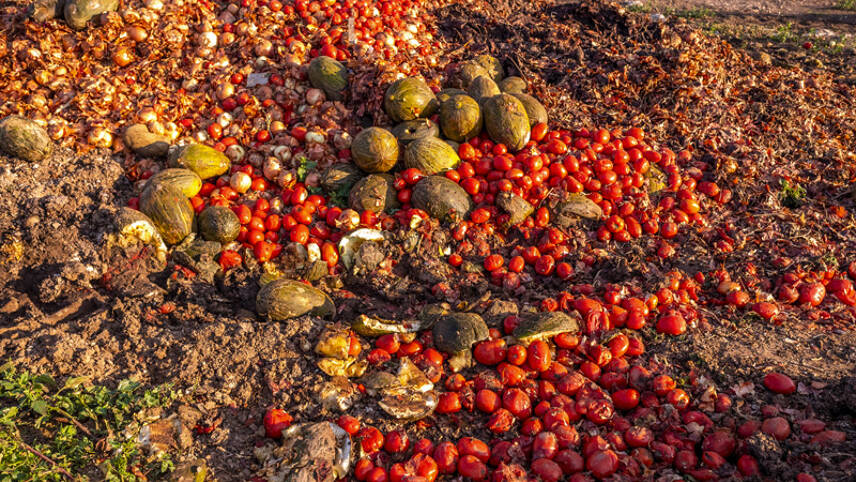
Food waste inflicts $1trn economic loss on global scale, UN report warns
A new report from the UN Environment Programme (UNEP) has highlighted that food waste remains a significant detriment to the global economy and a driver of climate change, biodiversity loss and pollution, resulting in an estimated economic loss of $1trn.
This is according to UNEP’s Food Waste Index Report 2024, co-authored with the Waste & Resources Action Programme (WRAP), which provides the global estimate on food waste at retail and consumer levels.
In 2022, global food waste reached 1.05 billion tonnes, including inedible parts, averaging 132 kilograms per capita and representing nearly 20% of all available food for consumers. Households accounted for 60% of this waste, followed by food services at 28% and retail at 12%.
These figures exclude an additional 13% of the world’s food lost within the supply chain, as estimated by Food and Agriculture Organisation (FAO), which occurs between harvest and market.
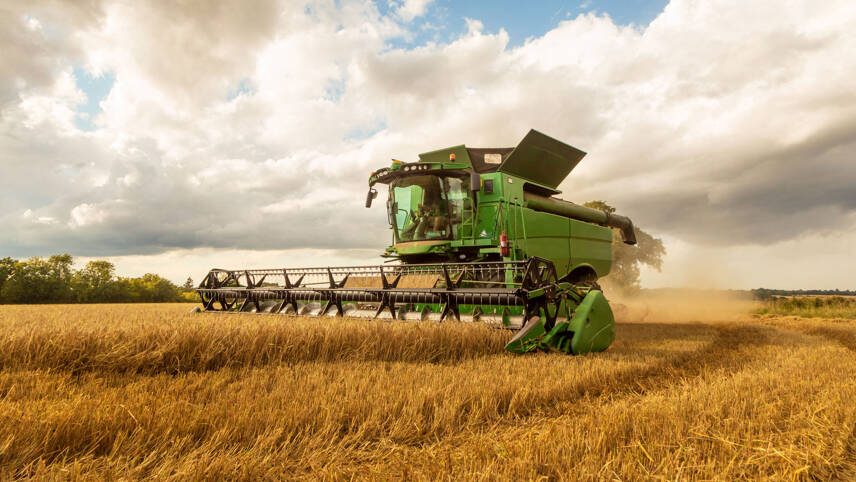
‘Just Transition’: Farmers press Defra to boost budget for green schemes
The Landworkers Alliance has launched a new campaign pressing the UK Government to double its agriculture budget, arguing for an uplift in funding to help the sector deliver a just transition in line with the nation’s nature and climate aims.
The Alliance, which represents thousands of farmers and foresters across the UK, is bemoaning a budget drop for farming since the completion of Brexit.
It alleges that the UK recieved £4.7bn of public funding in 2019, when it was still in the EU’s Common Agricultural Policy, of which £3.6bn was spent on farming subsidies.
In contrast, £2.4bn – less than half a percent of the UK’s annual public spending – was set aside for UK farming subsidies last year.
This drop in budget has been compounded by rising costs for farmers, including price hikes for fuel and fertilizer linked to Russia’s war with Ukraine, the Alliance has stated. Added to the mix the additional burden of compliance with forthcoming environmental regulation, plus continually low farmgate prices.
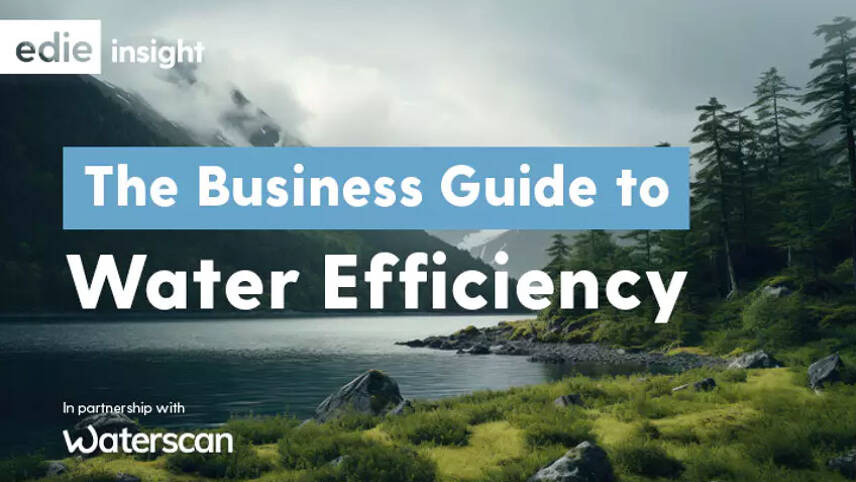
edie publishes new business guide to water efficiency
To mark World Water Day 2024 (22 March), edie has partnered with Waterscan to publish a new, free-to-download guide to water efficiency for businesses of all sizes and sectors.
With water resources under increasing pressure from climate change, population growth and nature loss, it’s clear that water efficiency has an essential role to play in ensuring we have enough water for people, the economy and the environment – now, and in the future.
Water is quickly becoming an under-appreciated part of sustainable business. While many are focused on reducing carbon footprints, more work is taking place behind the scenes to ensure that businesses respond to growing water scarcity by promoting sustainable water usage.
So, what exactly does this mean in the context of corporate sustainability, and – crucially – how can businesses reduce water use and increase efficiencies in ways which cut costs and carbon?
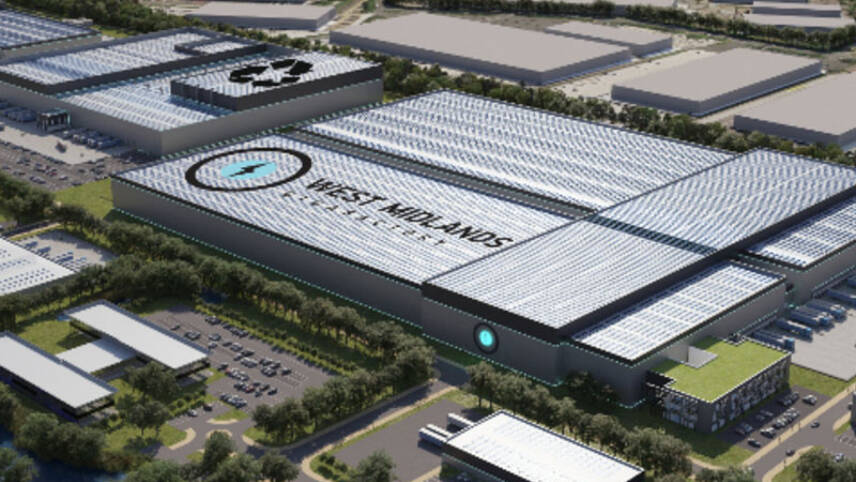
West Midlands Gigafactory set to secure £1bn investment from Chinese EV battery maker
The West Midlands Gigafactory project has reportedly advanced discussions with a Chinese manufacturer of electric vehicle (EV) batteries to secure an investment of £1bn to build a new gigafactory on the outskirts of Coventry.
EVE Energy, a Chinese company employing approximately 28,000 individuals globally, is reportedly in discussions to support the creation a gigafactory spanning 5.7 million square feet, slated to form a main part of the proposed UK Centre for Electrification, an investment hub located in the West Midlands.
Reports suggest that the Chinese firm is contemplating an initial investment of £1.2bn into the project, as initially disclosed by the Sunday Times.
The gigafactory, being developed in collaboration with local councils and Coventry Airport, is poised to generate up to 6,000 employment opportunities.

BSI launches first edition of UK nature investment standards
The British Standards Institution (BSI) has launched the first version of its nature investment standards for UK nature markets, in a bid to develop a common set of principles and definitions for nature investments.
Last year, BSI and the Department for Environment, Food & Rural Affairs launched the Nature Investment Standards Programme, to enhance market confidence and increase private sector investment into nature recovery and nature-friendly farming.
Yesterday (21 March), BSI opened a consultation on its first set of nature investment standards, BSI Flex 701 Nature Markets – Specification v1.0. These standards outline requirements for the design and operation of high-integrity nature schemes, and processes to generate, trade and store nature units.
The BSI Flex standard is designed for iterative development, allowing for ongoing refinement in response to evolving market dynamics and emerging policy directions.
Feedback and comments on this initial version will shape subsequent iterations, ensuring its relevance and effectiveness in the landscape of nature finance.
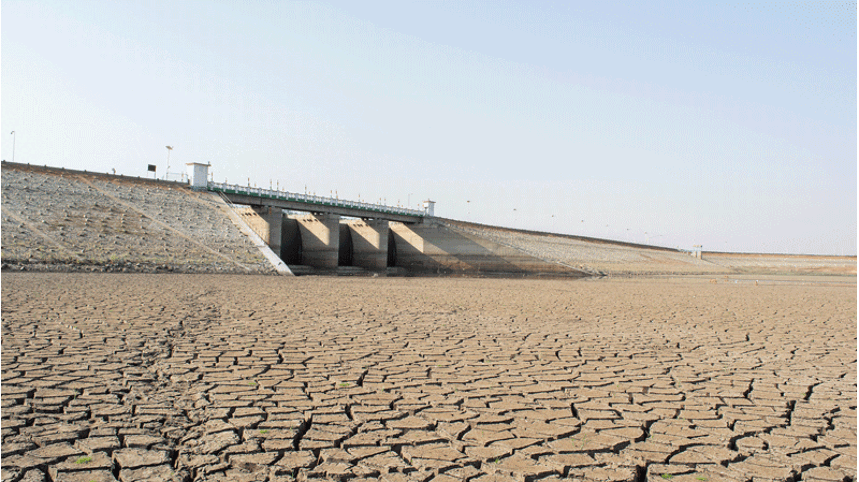
CDP: Half of big businesses not engaging with suppliers on water risk
Despite the fact that large businesses report almost $7bn of immediate risks relating to water scarcity and quality, half of them are unable to confirm that they are engaging their suppliers on water stewardship.
That is according to corporate sustainability disclosure platform CDP, which has today (22 March) released new research assessing the level of water-related risks in global corporate supply chains.
The research focuses on 3,163 large companies with an annual revenue of more than EUR/ US250m.
These companies collectively risk losing up to $77bn by mid-century due to water-related risks. Potential losses are particularly high in industries with high water dependencies, such as food, textiles, beverages and semiconductors.
Almost 10% of this risk is deemed to be immediate. Extreme weather last year and in the first quarter, from drought in southern Europe to flooding in the UK, has caused a reduction in outputs and quality for many commodities.
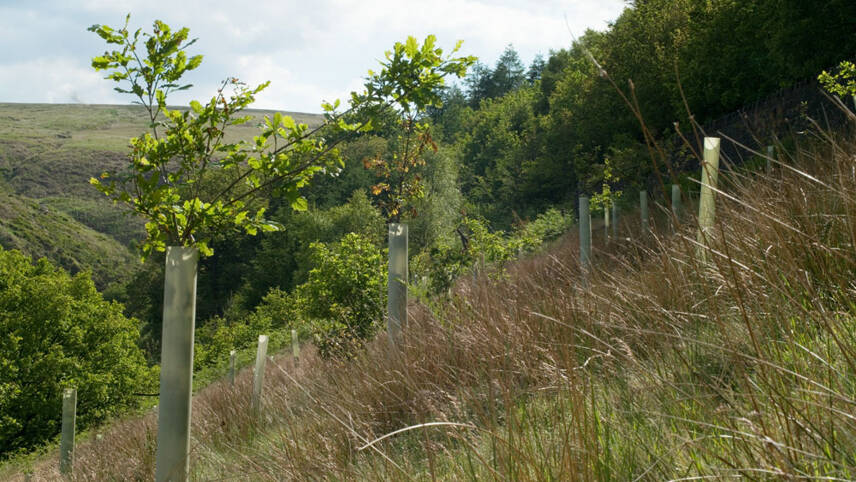
England’s farmers to get paid more for tree planting
The UK Government is increasing the maximum amount of subsidy funding farmers in England can claim for planting trees on their land by 45% – despite Prime Minister Rishi Sunak’s criticism of a similar scheme in Wales.
The Department for Food, the Environment and Rural Affairs (Defra) this week confirmed a boost for payments made under the England Woodland Creation Offer, which incentivizes farmers to add trees to less productive land and thereby contribute to national nature targets.
Farmers could previously claim up to £8,000 per hectare under the scheme, but this will be increased to £11,600. A further £900 is on offer for those planting on land least suited to food production, described as “Low-Sensitivity Land”.
All farmers are eligible to a £50 uplift in annual maintenance payments, which run for 15 years. To benefit from larger amounts of additional funding, farmers will need to create highly biodiverse woodlands and/or manage their land in a way that also improves flood resilience.
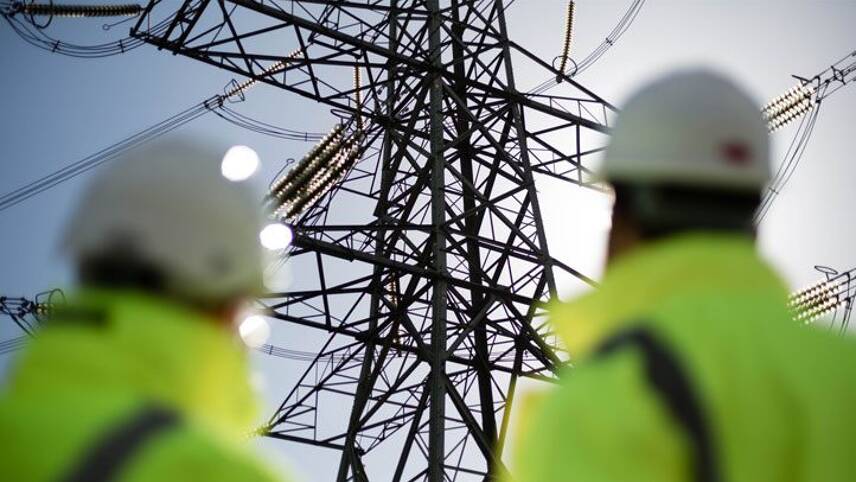
National Grid unveils £60bn investment plan to turbocharge net-zero power grid
The National Grid’s Electricity System Operator (ESO) has today (19 March) unveiled a new £60bn investment plan to fast-track Britain’s transition to a net-zero power grid by 2035 by boosting clean energy jobs and growing the offshore wind sector.
The new £58bn investment plan proposes a set of financial levers that would enable the electricity grid to meet growing demand while decarbonising to ensure the Government’s commitment to a net-zero power grid is met.
The plan would seek to connect an additional 21GW of offshore wind off the coast of Scotland to the grid in an efficient and coordinated way, delivering a world-leading offshore wind sector with more than 86GW of capacity.
The prime location for offshore wind capacity would be located in Scottish Waters, accounting for around 30GW. The plan also focuses on wide-scale investment, in the form of new electrical spines and cables, to transport clean energy across the country.
